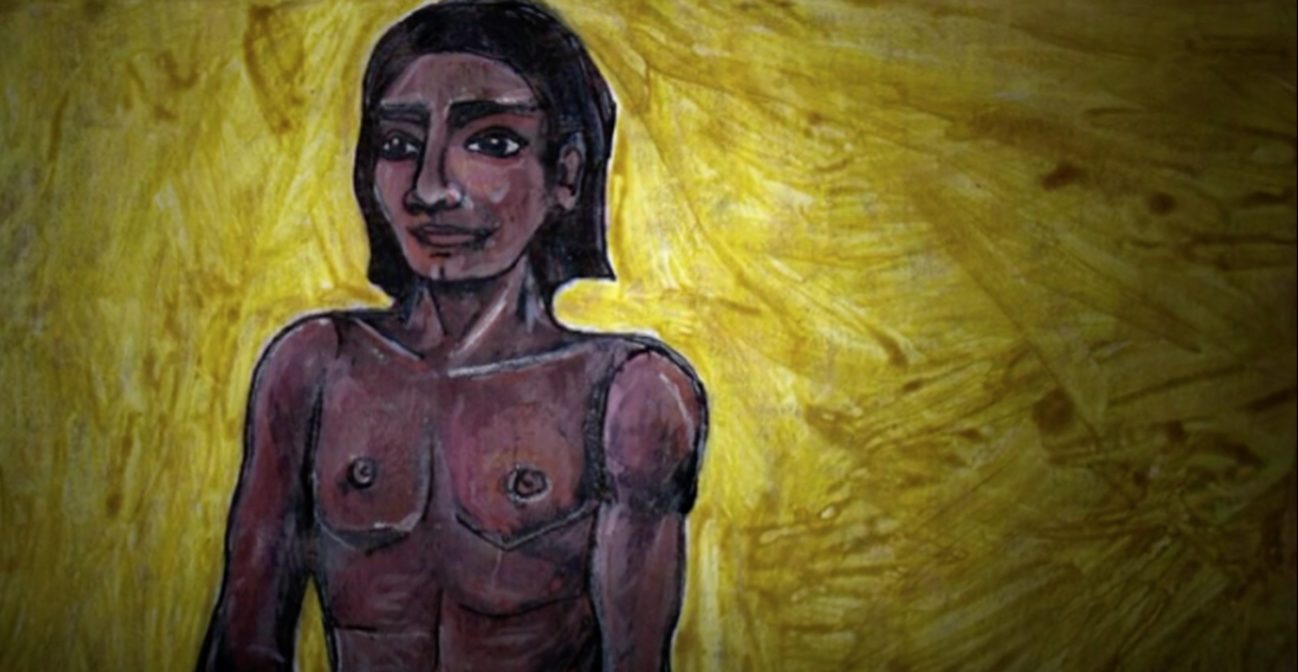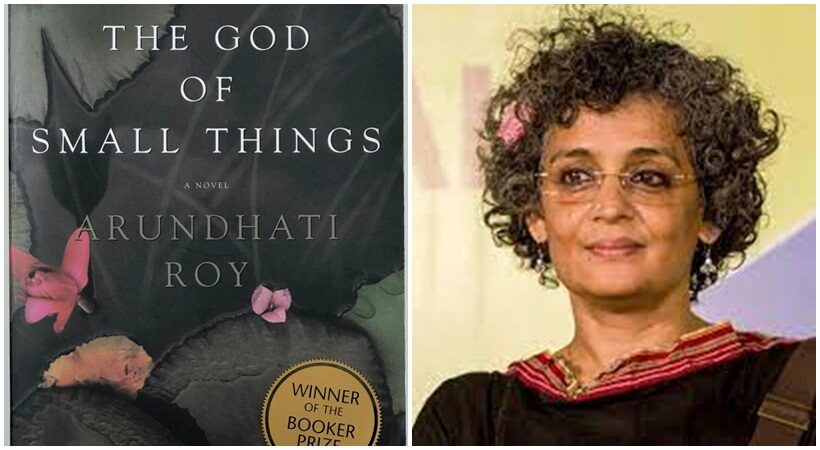“And the air was full of Thoughts and Things to Say. But at times like these, only the Small Things are ever said. Big Things lurk unsaid inside.”
A nine-foot-high ‘untouchability wall’ was built by some people at Rajiv Gandhi Nagar in Kalkandar Kottai of Tamil Nadu’s Trichy district in an attempt to separate their farms from colonies of Dalits or Scheduled Caste community.
Just a few days ago, a Dalit man and his son were allegedly beaten and forced to drink urine by a group of men in Rajasthan’s Barmer district. Casteist slurs were hurled at them.
Read More: As Afghan Women Pick Up Arms, A Thousand Splendid Suns Shine On The Roofs
In another incident in Uttar Pradesh, seven people were booked for allegedly forcing a Dalit man to shave off his moustache.
Then some gut-wrenching visuals surfaced on the internet, a 20-year-old Dalit man was being brutally thrashed by a group of men. In the video, the assailants were seen asking the man regarding his cast. Then the brutality followed.
Last month, a mob of at least 40 people from a dominant caste group stripped a Dalit man and paraded him naked in Sohna village in Haryana’s Gurugram district in the NCR. His mistake? He helped a 19-year-old rape survivor lodge a police case against the accused.
These cases are numerous in our country and the hate stories continue with alarming regularity. From Payal Tadvi to the Hathras rape-murder incident to the most recent case involving a nine-year-old girl belonging to India’s marginalised Dalit community win which the young soul was gang-raped, murdered and forcibly cremated in New Delhi, people have perpetrated brutality against lower caste people for decades now.
Such information is found on the internet in abundance. Every day, people from the ‘lower castes’ fall prey to violence, torture, abuse, harassment and rape.
“He folded his fear into a perfect rose. He held it out in the palm of his hand. She took it from him and put it in her hair.”

Image Credits: learners.org
These incidents of caste-based violence remind us of Velutha, a Paravan, an untouchable, in Arundhati Roy’s most celebrated novel — The God of Small Things.
Very few novels have discussed caste issues in India like this one did, before or since.
Many Hindus believe that being untouchable is a punishment for being bad at previous birth. An untouchable, they believe, can obtain a higher rebirth by being obedient.
Velutha was not complacent. Well, “It was not entirely his fault that he lived in a society where a man’s death could be more profitable than his life had ever been”.
Velutha used to work at the Paradise Pickles and Preserves Factory. This factory is owned by Ammu’s family. Ammu is separated from her husband and has two kids — Estha and Rahel.
Velutha loves the kids.
And Velutha loves Ammu, and Ammu Velutha.
When Velutha falls in love with Ammu, he breaks an ancient taboo. He does the Unthinkable.
In society’s eyes, Velutha is a criminal.
Ammu’s family is enraged. The Kerala Police infuriated.
Ayamenem reeks of vengeance.
Velutha must be punished for breaking the rigid social rules of the caste system.
Huddled together in a corner, Ammu’s children witness Velutha being brutalised. The Kerala Police’s violent actions were a result of ‘fear’ — “…civilization’s fear of nature, men’s fear of women, power’s fear of powerlessness”.
Caste dynamics permeate every aspect of life across the vast swathes of India. Roses are painted red with blood as lovers from different castes are slain. Lathis bend permanently as Dalit men are beaten to death for eating beside an upper-caste family. The country’s collective conscience is shaken as Dalit women are brutally raped. Beaten, raped and murdered in the name of caste.
When Velutha dies in police custody, the world is unmoved. Like every day, people have their breakfast, children go to school, and men and women head to work.
Only Ammu, Rahel and Estha are scarred for life.
Although The God of Small Things takes place in 1969, the caste system is as prevalent today as ever.
A heart-wrenching scene in the book shows Velutha walking along a road, overwhelmed with emotions and crying as the rain drenches the city’s corners.
No one cared.
Days after a young Dalit girl was raped and murdered in Delhi, and her body forcibly cremated, her parents were asked to “go home and sleep.”
No one cared.
And this won’t be the last time a person of subaltern existence would suffer the worst kind of savagery.



















